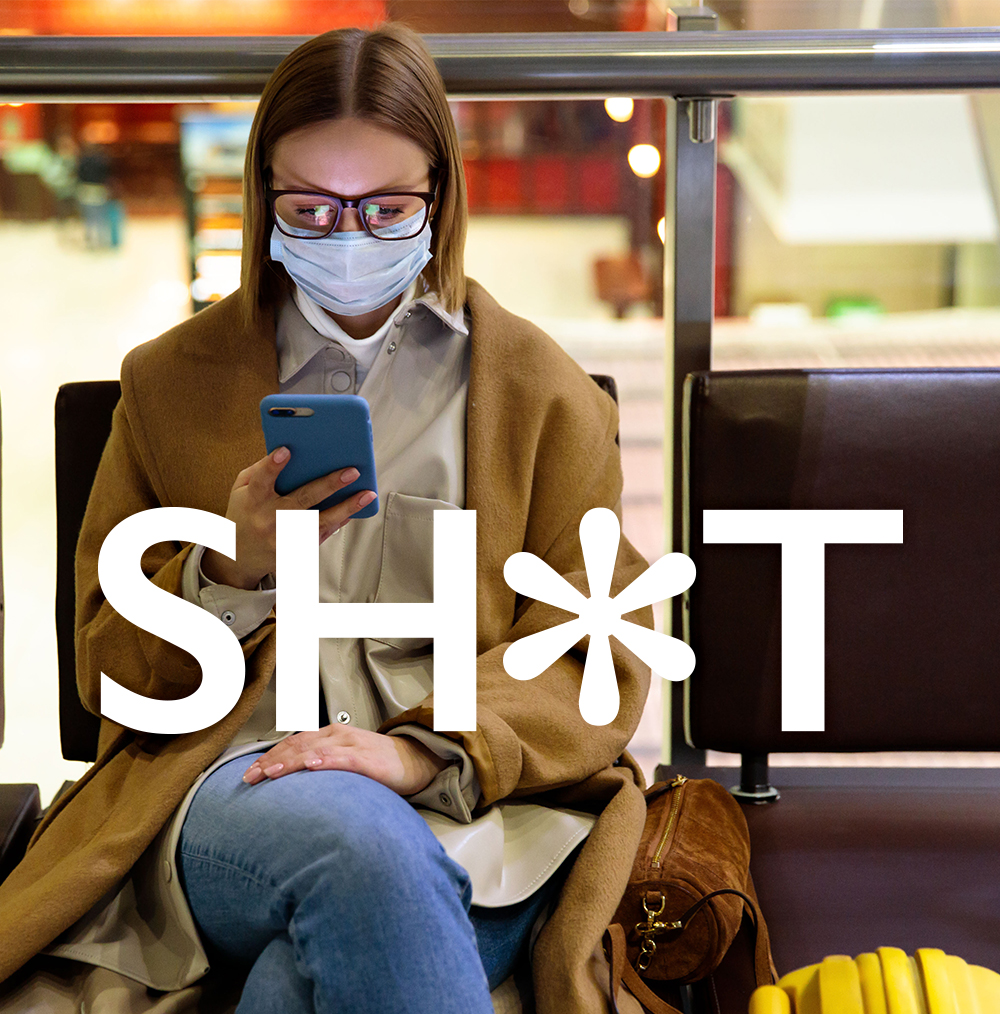
VARIANCES FOR THE VARIANT
By
As the last days of summer cool, positive cases of COVID-19 are heating up. The Delta variant is clamoring for attention. Current studies indicate the Delta strain is as contagious as its predecessor, but the threat of hospitalization is low. Is the Delta variant causing travel restrictions? Not yet. Travel Insurance Review released a newsletter detailing the impact the new COVID-19 strain is having on the already beleaguered travel industry. Research has shown vaccines are effective against all variants of the virus. For now, social distancing, masking, and vaxing remain the order of the day.
COVID-Delta currently accounts for 58% of documented infections. Reports of patient spikes are coming in across multiple countries. The CDC cautions Americans against traveling while unvaccinated as they risk contracting the Delta strain, especially in hotspots such as the United Kingdom. Vaccinated travelers will want to carry proof of vaccination or a negative COVID test. Countries like Portugal, Israel, and Malta already require tourists to divulge this information before visiting, and other countries may soon follow suit. Travelers should also monitor their destination’s COVID status prior to boarding a flight. As far as airfare prices go, airline CEOs have yet to witness a decline. Travelers are eager to pack their suitcases and resume life unfettered after the never-ending quarantines.
Europe welcomed American tourists back in mid-June, and now new restrictions are on the horizon. The New York Times published an article discussing new restrictions to travel outside of the United States. The term “normality,” as far as societal standards, now means curfews, social distancing, and vaccine cards. Specific regions within Greece and Spain are revisiting evening curfews, and France requires vaccination proof to enter bars, restaurants, shops, or public transport. A passenger locator form must be submitted by midnight the day before a passenger arrives in Greece. Many European countries require quarantine upon arrival if the traveler has visited any other countries within the same trip. All of these measures are to decrease contamination and weaken the number of positive cases of COVID-Delta.
CNBC recently highlighted concerns associated with rising cases of COVID-Delta. It’s okay for vaccinated passengers to travel, but safety depends on the traveler’s circumstances and the destination. If a family trip with the little ones is in the future, it should be noted vaccines are not yet available to those under 12. Unvaccinated vacationers who are old enough to wear a mask should do so when indoors. It’s important to remember not every country outside of the U.S. has access to COVID-19 vaccines and increases the chances of exposure for unvaccinated individuals.
International travel carries an increased risk of exposure as tourists move through airports, bus stations, and other depots of germs. Fortunately, the Advanced Infectious Disease Medical blog includes a list of tips for staying healthy while traveling:
– Consult a physician regarding vaccinations
– Get plenty of rest before traveling
– Eat breakfast
– Stay Hydrated
– Wash hands
– Avoid caffeine and alcohol
While these tips can ease one’s travel anxiety, it’s the tangible protections that count. An easily added precaution is ensuring an international travel medical insurance policy is at the top of pre-travel checklists. Experts concur travel insurance is an essential component of any vacation abroad, and no one does it better than Point Comfort®.
An insurance policy cannot mitigate each risk associated with international travel, but it will provide peace of mind. Obtain coverage that is simple, fast, and secure with Point Comfort® Travel, including:
– COVID-19 Medical Expense Coverage up to the Policy Maximum
– Emergency Medical Evacuation and Repatriation
– Emergency Medical Reunion
– Return of Minor Child
– Emergency Traveler Assistance
Ease the strain of COVID-Delta with the safety and security of Point Comfort Travel!
CLICK HERE for your FREE quote.
